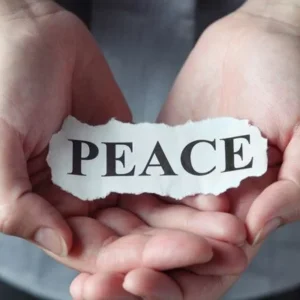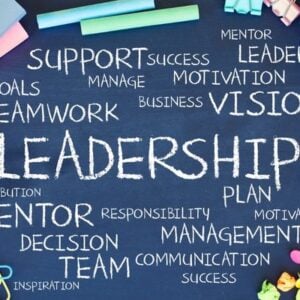Over six days, 189 Member States, including 124 heads of state and government, addressed the United Nations from the iconic green marbled podium, highlighting both the urgency of today’s global challenges and the potential of collective action. UN officials emphasized that the high-level week demonstrated the continued relevance of the Organization, stressing that the true measure lies in translating discussions into action.
Peace and conflict dominated the debates, with prolonged crises in Gaza, Ukraine, and Sudan prompting urgent calls to protect civilians and reduce violence. UN leaders emphasized the centrality of the Charter in resolving disputes peacefully, warning of the consequences when it is ignored. Calls were made for immediate ceasefires, increased humanitarian aid, the release of hostages, and renewed efforts toward a two-State solution in Gaza.
Delegations also underscored the pressing climate crisis and the urgency of achieving the Sustainable Development Goals by 2030. Speakers highlighted the impacts of climate change while noting positive developments, such as $2 trillion invested in renewable energy last year. However, they warned that progress remains insufficient, with financing cited as a major obstacle.
Institutional reform was another key theme. Leaders pointed to the UN Secretary-General’s proposals on implementing new mandates, budget revisions, and other reforms as a pathway to strengthen the Organization’s effectiveness and delivery. Reform efforts were framed not merely as budget adjustments but as steps to prioritize and enhance the UN’s capacity to address global challenges.
In closing, UN officials invoked the Organization’s founding mission to protect future generations from war, urging inspiration from past legacies and a bold, united approach to global cooperation. Throughout the week, discussions reflected the five critical choices outlined by Secretary-General António Guterres, emphasizing peace rooted in international law, human rights and youth empowerment, climate justice, and the strengthening of the United Nations for the 21st century. These debates reinforced the UN’s role as a vital forum for confronting global challenges and shaping a collective future.







